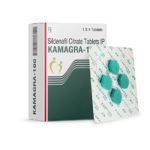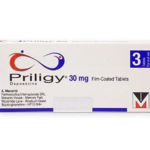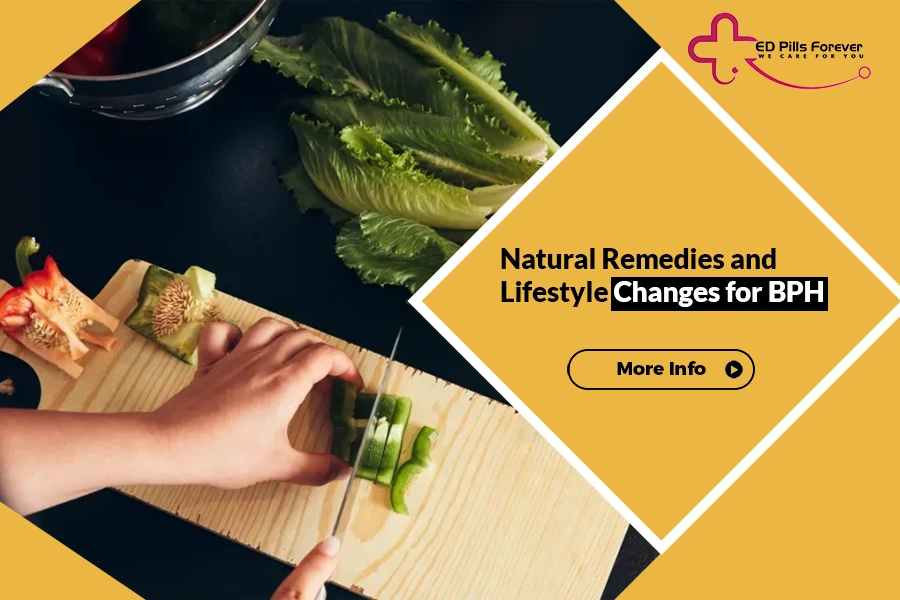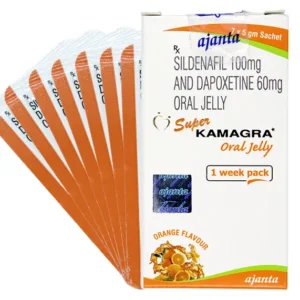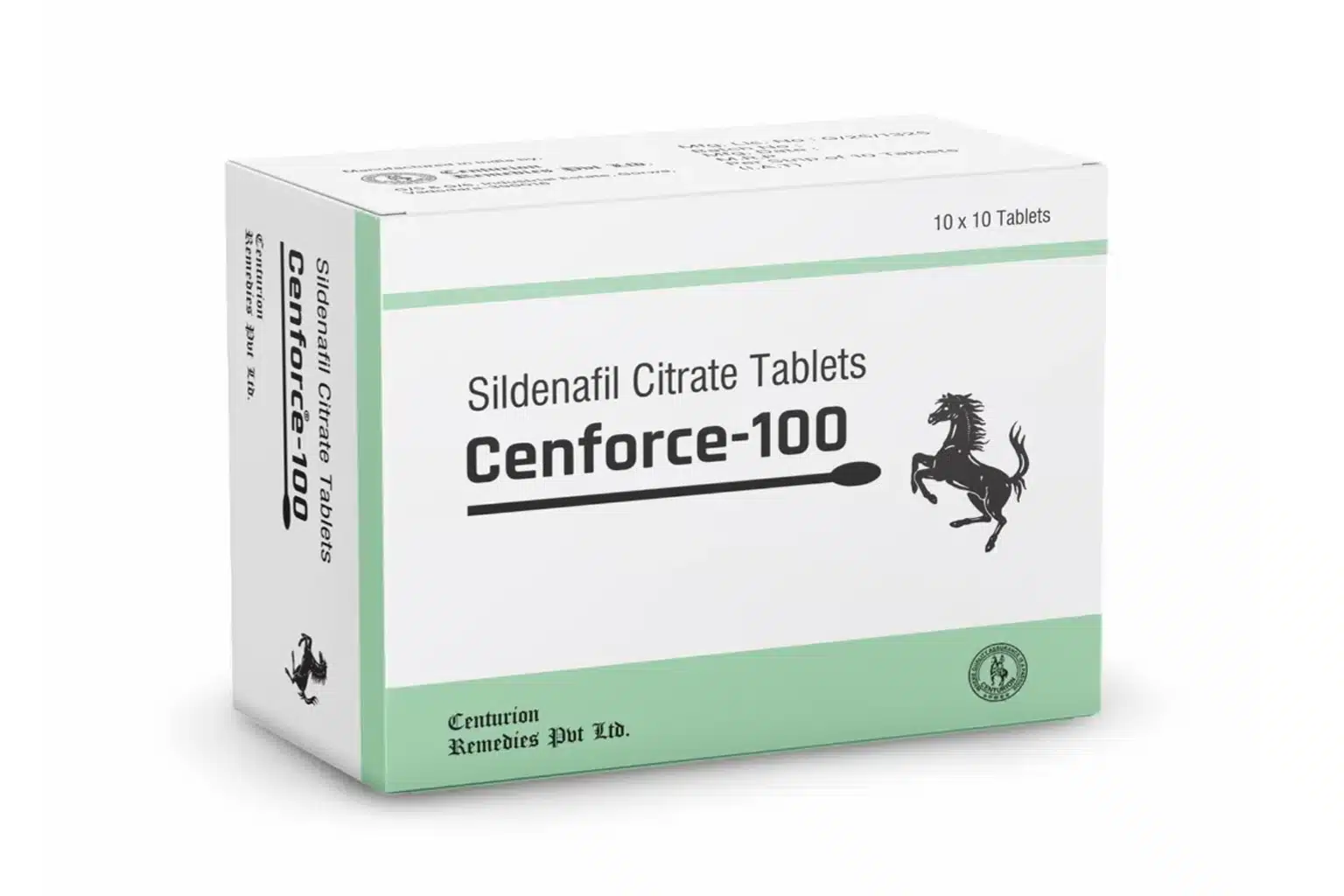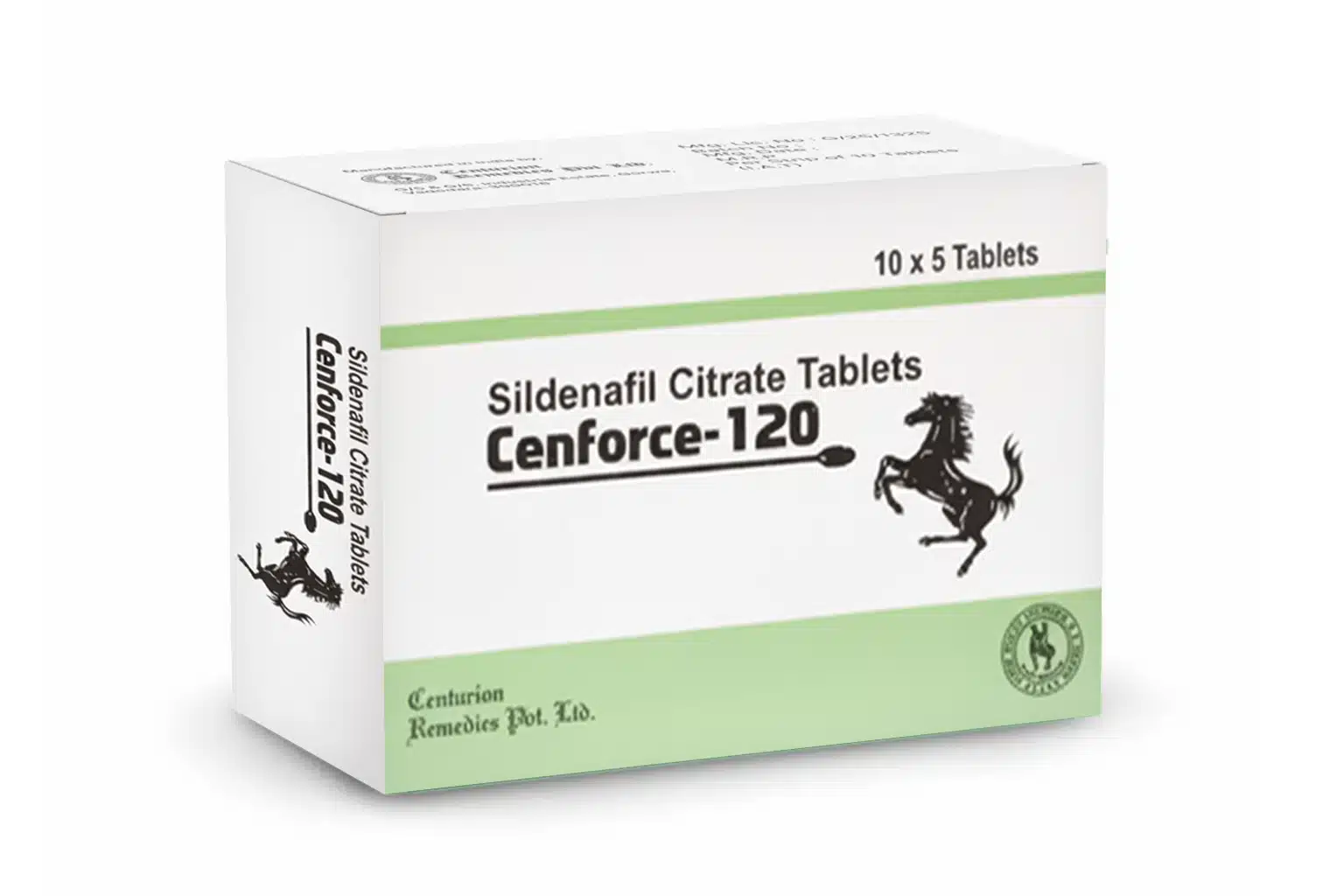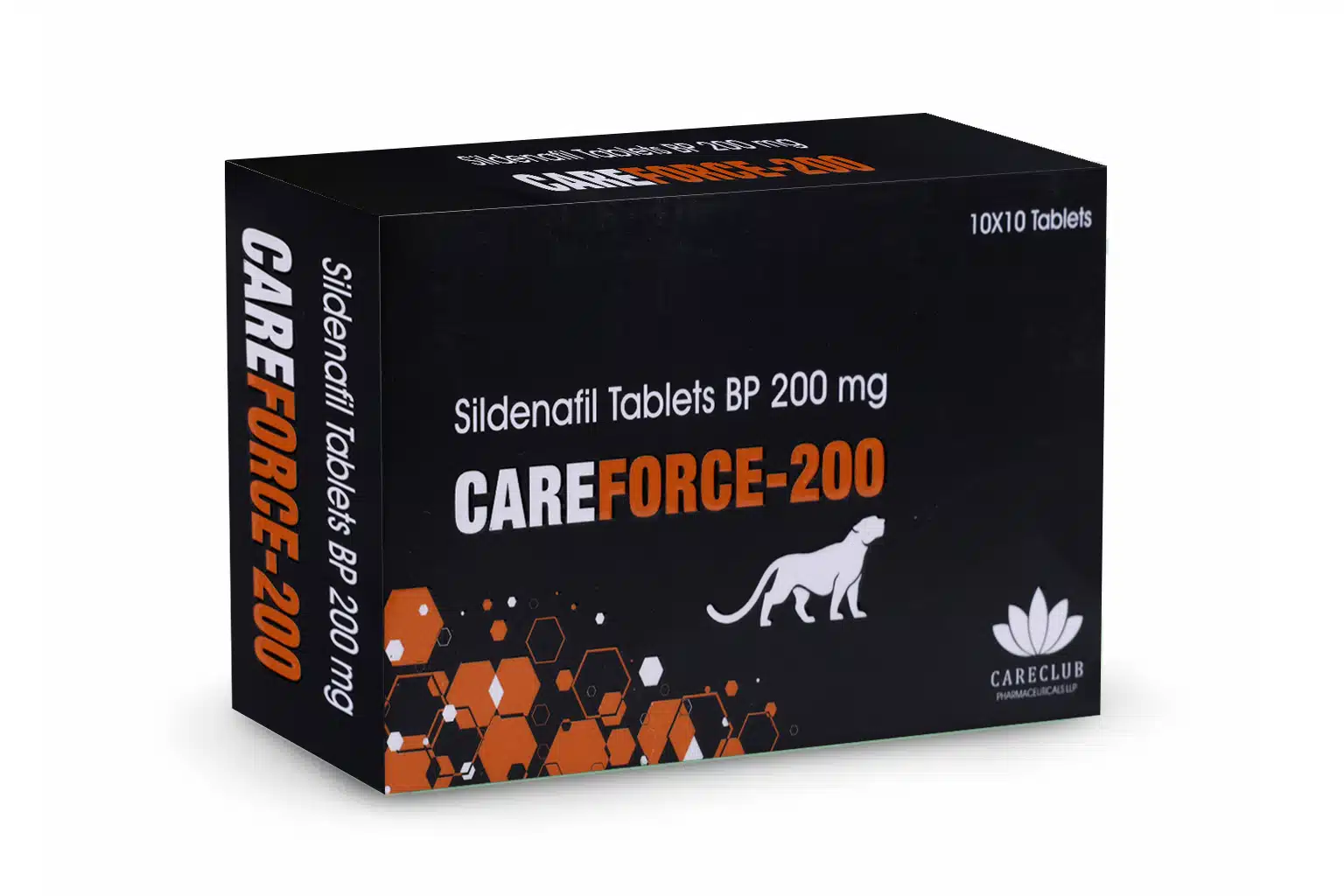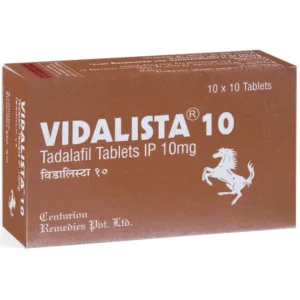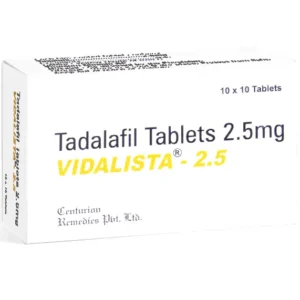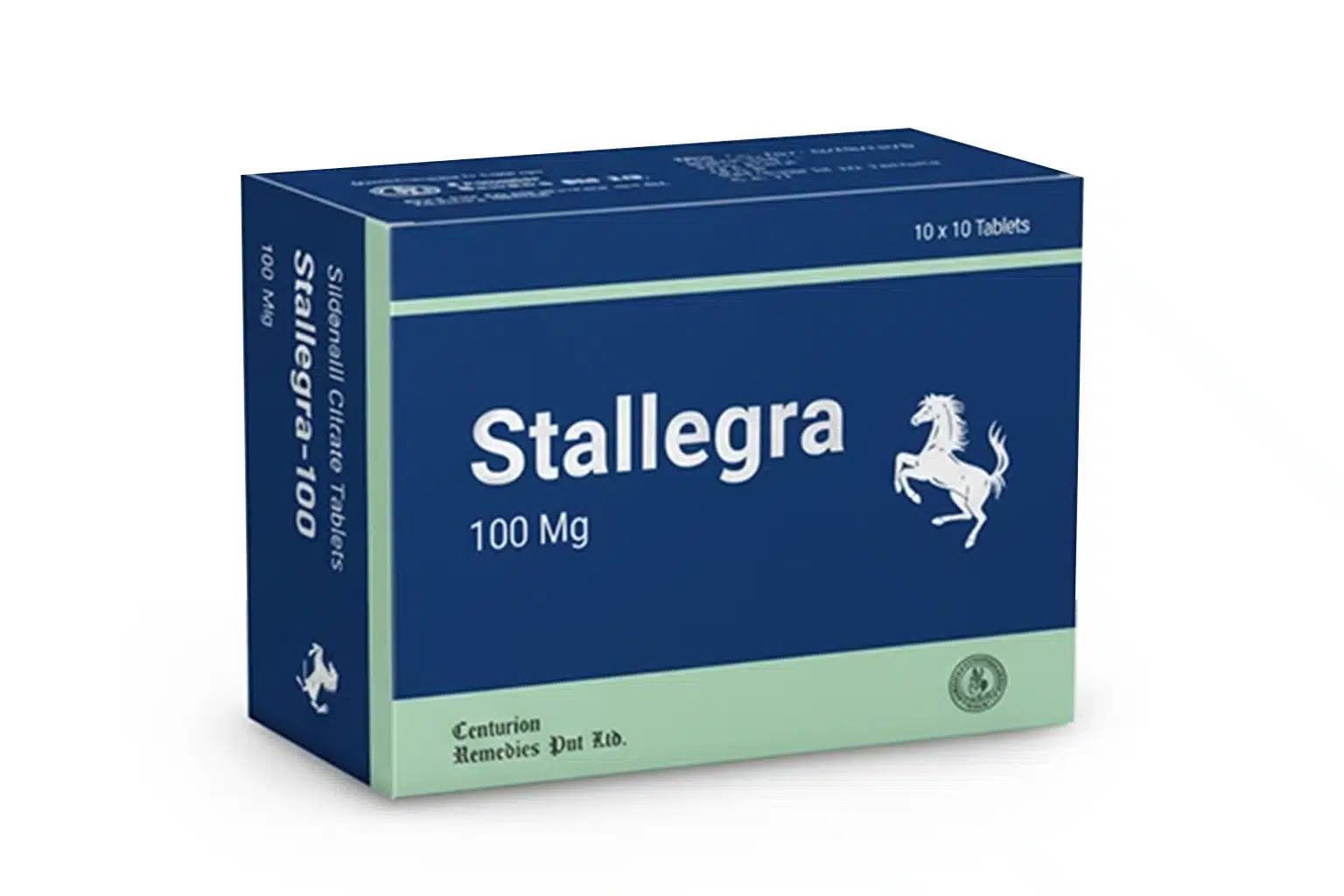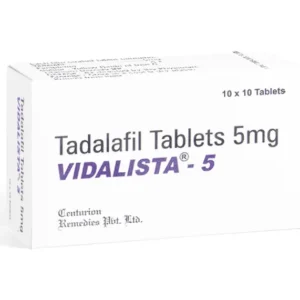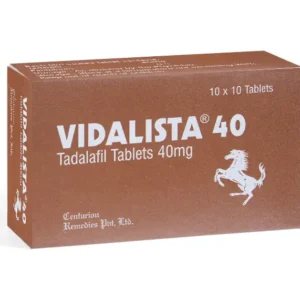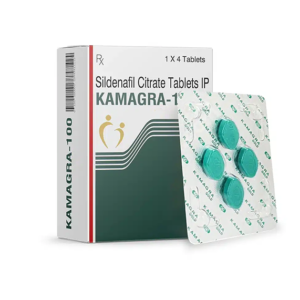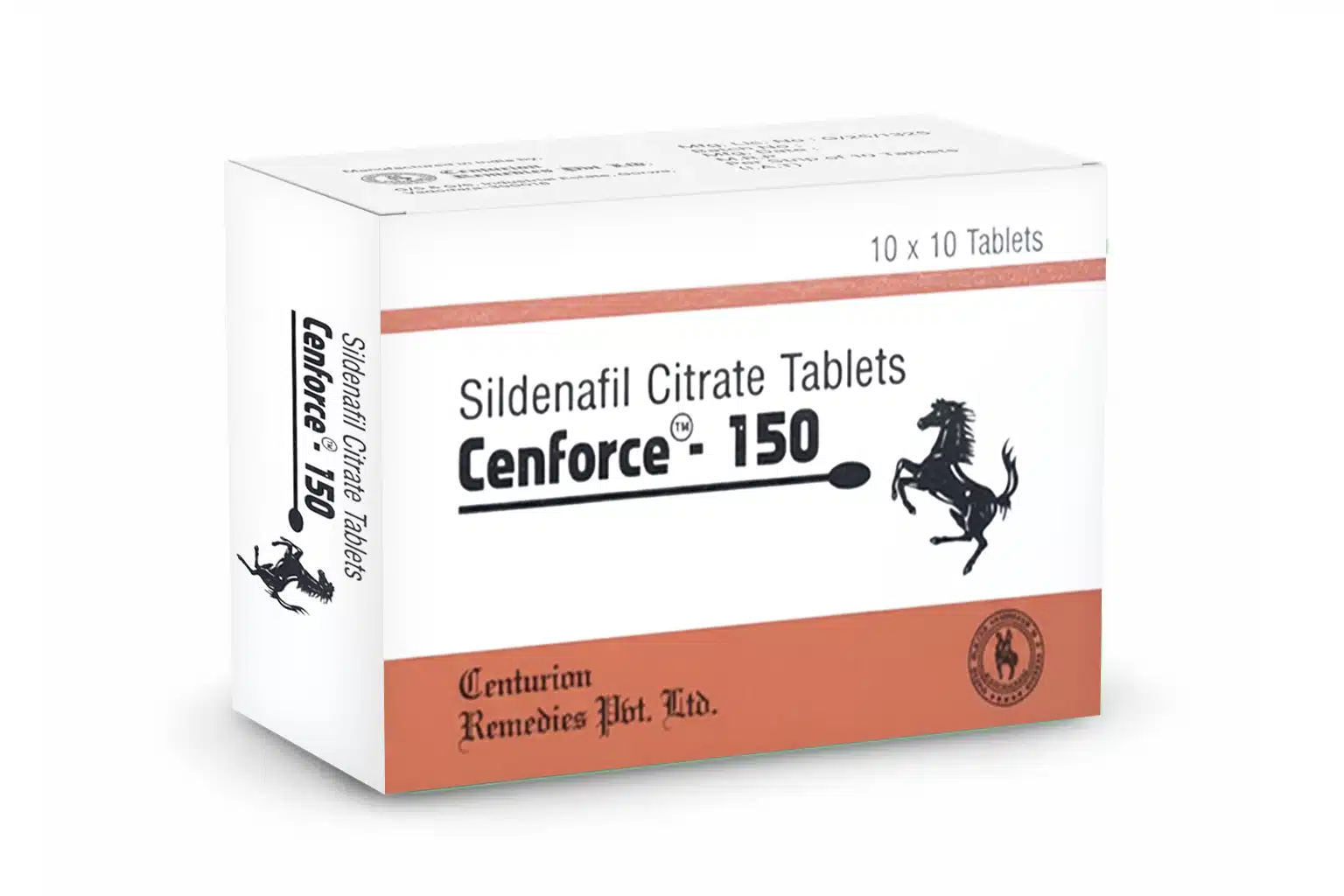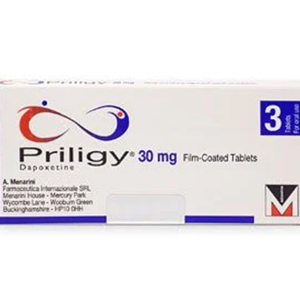Natural Remedies and Lifestyle Changes for BPH
Let’s be real for a second, most men don’t talk about their prostate until it starts talking back. Usually through 3 a.m. bathroom runs, weak urine flow, or that frustrating feeling of not being “done.” It’s one of those things you don’t think about until it becomes impossible to ignore.
Benign prostatic hyperplasia, yeah, that mouthful of a term we call BPH, isn’t exactly rare. In fact, it’s practically a rite of passage after forty. The prostate starts enlarging, sometimes slowly, sometimes aggressively, and next thing you know, your bladder feels like a stubborn roommate who refuses to cooperate.
Now, here’s the thing: conventional medications work, but not everyone wants to start with pills or surgery. Some men are exploring Natural Remedies for BPH, options that focus on reducing symptoms through gentler, more holistic means.
And honestly, I get it. Who wouldn’t want to try changing diet, movement, or mindset before committing to lifelong medication?
Understanding the “Why” Before the “What”
To be honest, BPH is complicated. It’s not just “the prostate got big.” Hormones play a role, especially dihydrotestosterone (DHT), a derivative of testosterone that encourages prostate cell growth. Then there’s inflammation, diet, stress, even genetics sneaking into the mix.
So when people talk about Natural Remedies for BPH, they’re usually addressing one or more of these root causes. It’s not some mystical “healing herb” situation, it’s often about supporting the body’s natural balance.
I remember interviewing a urologist in London a while back who said something that stuck with me:
“You can’t shrink the prostate overnight, but you can stop fueling what’s making it worse.”
That line pretty much sums it up.
Herbal Allies – Nature’s Gentle Approach
You might be wondering, can plants really make a difference here? Interestingly, yes, some have shown measurable results in clinical studies.
Take saw palmetto, for example. It’s one of the most famous Herbal supplements for BPH, derived from the berries of a palm tree native to the southeastern United States. Research suggests it can help block the conversion of testosterone to DHT, easing urinary symptoms in some men.
Then there’s pygeum africanum, an extract from African plum tree bark. It’s been used in Europe for decades to treat BPH-related urinary issues. Pumpkin seed oil, stinging nettle root, rye grass pollen extract, all these natural agents have shown potential benefits, particularly when used in combination.
But here’s the catch: results vary. Not everyone responds the same way. Some men swear by them; others notice little change. That said, many of these remedies have fewer side effects compared to prescription drugs, which is part of their appeal.
And please, if you’re taking medications like Suhagra or other treatments for sexual health, talk to your doctor before adding herbs. Natural doesn’t automatically mean safe in every combination.
Best Seller
Best Seller
Food as Medicine
Let’s shift gears to something everyone can relate to, food. The connection between diet and prostate health isn’t just a trendy wellness topic; it’s backed by science.
Studies suggest that a Diet for prostate health tends to overlap with heart-healthy and anti-inflammatory eating habits. Think Mediterranean-style meals: lots of colorful fruits, leafy greens, olive oil, tomatoes, whole grains, and fatty fish rich in omega-3s.
Why tomatoes? Because of lycopene, a powerful antioxidant that’s been shown to support prostate tissue and possibly slow enlargement.
Cutting down on red meat, processed foods, and dairy with high saturated fats can also help reduce inflammation. Sounds easy enough, right? Except when you realize how sneaky processed sugars and fats are in modern diets.
A middle-aged friend once told me he noticed fewer nighttime bathroom trips after cutting his evening beer habit. Alcohol, caffeine, and carbonated drinks can all irritate the bladder, making symptoms worse.
So yeah, sometimes “natural remedy” means just being kind to your gut.
Movement Matters
It’s not as simple as you think, exercise doesn’t just strengthen your heart or keep your waistline in check. Regular physical activity directly influences hormones, circulation, and inflammation, all key players in prostate health.
Men who exercise regularly are statistically less likely to experience severe BPH symptoms. That’s huge.
Now, when we talk about Exercise for prostate health, we’re not necessarily talking about running marathons. Even moderate movement, brisk walking, yoga, cycling (with proper seat support), or swimming helps.
Pelvic floor exercises, also known as Kegels, are another underrated gem. They improve bladder control and reduce urinary leakage by strengthening the muscles that support the prostate and bladder.
Interestingly, men who pair exercise with mindful relaxation techniques like deep breathing or tai chi, often report better outcomes. Stress triggers cortisol, which can disrupt hormone balance, so keeping calm literally helps your prostate stay calm too.
The Role of Hydration
Now here’s a paradox. Drink more water, they say. But wait, doesn’t that mean more trips to the bathroom?
Yes and no. The trick is balance. Proper hydration flushes out toxins and keeps the urinary tract healthy, but gulping gallons before bed is, well, counterproductive.
When it comes to Hydration tips for prostate support, focus on consistency during the day rather than loading up at night. Aim for clear, pale-yellow urine as a sign of good hydration. Avoid too much coffee and alcohol, since both can dehydrate and irritate the bladder.
I once met a nutritionist who joked that “your prostate hates energy drinks.” She wasn’t wrong, caffeine spikes can make the bladder twitchy. So slow and steady wins the hydration race.
Stress, Sleep, and the Mind-Body Connection
Let’s be honest, few people link emotional well-being with prostate health, but they’re more connected than you’d think. Chronic stress affects hormone levels, which can indirectly worsen BPH symptoms.
Sleep deprivation also disrupts testosterone and melatonin regulation, potentially fueling inflammation. Ever notice how symptoms flare up when you’re anxious or exhausted? That’s not a coincidence.
Mindfulness practices, light stretching before bed, or even short daily walks in nature can create hormonal stability that pills alone can’t offer.
Can Natural Remedies Actually Reverse BPH?
This is where nuance matters. No, Natural Remedies for BPH probably won’t “shrink” the prostate drastically like surgery or prescription alpha-blockers. But they can absolutely reduce symptoms, slow progression, and improve quality of life.
I once interviewed a 58-year-old retired teacher who managed his mild BPH symptoms for years without medication, just through consistent exercise, herbal support, and dietary changes. He said, “I realized it’s not about curing it; it’s about cooperating with my body.”
That stuck with me.
Consistency is the secret. Herbal supplements take time. Diet changes require patience. Lifestyle habits need commitment. But collectively, they can shift your baseline health in remarkable ways.
What About Sexual Health and BPH?
Here’s something men often avoid discussing: BPH and sexual function are intertwined. The same nerve pathways that control urinary flow influence arousal and erection. So when one’s off balance, the other may follow suit.
Some men fear that herbal treatments might interfere with medications like Suhagra, which is used to manage erectile issues. The truth is, many natural interventions can support sexual health if used wisely. For instance, improved circulation from exercise and anti-inflammatory foods benefits both the prostate and sexual function.
Still, professional guidance is essential to avoid drug interactions.
When to See a Doctor
This part matters most. While Natural Remedies for BPH can help, they’re not a substitute for medical evaluation. Frequent urination, pain, blood in urine, or sudden inability to urinate are red flags that require immediate attention.
Think of natural management as the foundation, and medical support as the structure. They work better together than apart.
And yes, sometimes you’ll need medication temporarily to stabilize symptoms before natural methods can take over. There’s no shame in that.
The Subtle Art of Balance
BPH isn’t a one-size-fits-all condition. Some men find huge relief through herbs and food; others may only notice slight improvement. But here’s what’s undeniable, your daily choices matter.
Whether it’s sticking to a cleaner Diet for prostate health, committing to Exercise for prostate health, or adopting mindful Hydration tips for prostate support, every small act adds up.
When you combine these with targeted Natural Remedies for BPH, the cumulative effect can be transformative, not instant, but real.
As one researcher told me during an interview:
“The prostate doesn’t like extremes, too much stress, too much fat, too little rest. Balance is medicine.”
Maybe that’s the simplest truth of all.
A Personal Reflection
As someone who’s spent years writing about men’s health, I’ve learned that conversations around the prostate tend to carry embarrassment or denial. But they shouldn’t.
Talking openly about Natural Remedies for BPH isn’t about rejecting science; it’s about broadening our understanding of healing. Modern medicine and nature have always been partners, they just need to start acting like it again.
FAQs
1. Can Natural Remedies for BPH really shrink the prostate?
Not exactly shrink, but some Natural Remedies for BPH may help reduce inflammation and relax the muscles around the prostate. This can ease symptoms like frequent urination or weak flow. Studies on ingredients like saw palmetto and beta-sitosterol show promising results, but they work best when combined with overall healthy habits.
2. Are Herbal supplements for BPH safe to take with prescribed medication?
It depends. Some herbal blends can interact with alpha-blockers or other prostate drugs. It’s always smart to talk with your healthcare provider before combining Herbal supplements for BPH with prescribed medicines, especially if you’re on Suhagra or other medications for erectile dysfunction.
3. What kind of diet helps with prostate health?
A balanced Diet for prostate health focuses on anti-inflammatory foods think tomatoes (rich in lycopene), salmon, green tea, and cruciferous veggies like broccoli. Avoid too much red meat, processed food, or alcohol. What you eat really does influence how your prostate behaves over time.
4. Can exercise really improve prostate health?
Absolutely. Regular movement, even brisk walking, improves circulation and hormone balance. Exercise for prostate health also lowers inflammation, supports bladder control, and can reduce BPH symptoms. Plus, it’s good for heart and sexual health, which are all connected.
5. How much water should I drink if I have BPH?
Hydration is tricky when your bladder’s sensitive. The key is smart balance. Following Hydration tips for prostate support, drink small sips throughout the day instead of chugging large amounts at once. Cut fluids a few hours before bed to reduce nighttime urination.

